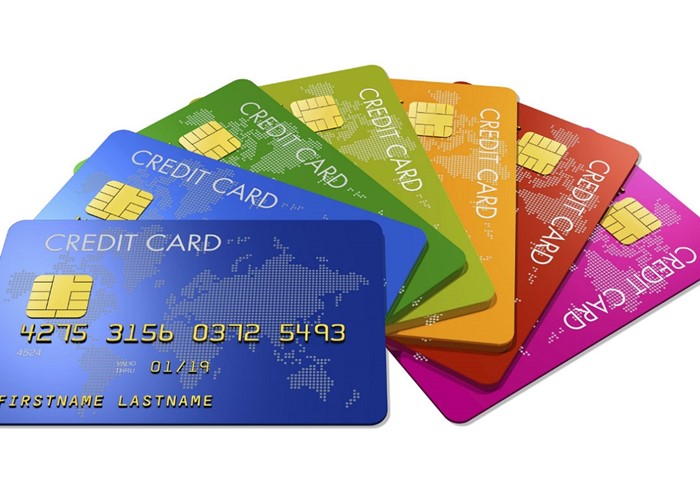How to use credit cards for transfers and new purchases

Here are the traps to beware of when you get a new credit card for both existing debts and new purchases.
Most credit cards offer 0% deals for both balance transfers and new purchases. However, usually the purchases deal is so short that it's more a gimmick than a real dual deal.
However, a good half dozen or more offer genuinely substantial double deals of up to 18 months interest free, and those are the cards I'm talking about today. You can see a list of the best available right now in the UK at the bottom of this article but, firstly, here are the main traps to watch out for:
1. Don't follow 2.5 million other card holders
2.5 million card holders intend to roll over debts from a 0% card to new interest-free cards this year, according to Sainsbury's Finance. More than two-thirds of them have transferred their debts at least once before.
Balance transfer cards lure you into a false sense of security, taking away a much needed sense of urgency. Cards that allow you to borrow even more, such as these dual-deal credit cards, can compound the problem.
Remember, we all suffer emergencies and disasters that can make paying down debts very difficult in future, so ensure you're able to handle life's disasters if you're thinking of storing up or growing your debts.
2. How not to use your card
These cards can be good if you stick to new purchases and transfers of existing debts only, but if you stray into cash withdrawals too then you're going to pay an absolute fortune in withdrawal fees and exorbitant interest, which is charged from the day of the withdrawal.
Note that some companies count gambling and gift cards as cash withdrawals.
3. If the two deals have different lengths
You borrow at 0% interest on both deals to start with but, if one deal expires before the other, you could start paying interest on that deal even if you think you've paid off that part of your debt.
I revealed this trick to you before it even got started back in 2010's The credit card trick that won't die, but Which? and some other consumer websites have recently caught on to it, so we can be sure it is a trap that is still open and waiting for you.
You can see if your lender uses this trap in Credit cards that bend the rules.
4. It's easy to lose your cheap deals
Miss a payment and you will not just be fined £12 and have a bad mark on your credit record, you could see your 0% deals taken away from you too.
If you miss a payment by accident, call your provider and say it was a one-off mistake, and ask them not to remove the 0% deals. Lots of card holders are successful when they try this.
5. A bag of tricks
There are many more tricks that apply to all credit cards, including dual-deal cards.
If you stick to the minimum repayment it means your debt could hang around for decades and you will pay far more in interest and fees than you borrowed in the first place. While many believe they will eventually start paying their debts off faster, during this time you are susceptible to the risks I mentioned in point one – emergencies and disasters.
In addition, some credit cards offer card protection or other insurances that generally are not worth anything like the cost, and they may be some of the insurances that the regulator is worried about. Read The next big financial scandal for more.
Most credit cards (unless they make a big point about being different) are expensive when making purchases and withdrawals overseas, sometimes costing you £2.50 just for a €20 transaction. Avoid.
Read your statements carefully, since some lenders move the payment and statement dates around. Get caught out and you'll miss the deadline for paying your bill.
Finally, the APR at the end of the 0% deals is phenomenal at between 15% and 30%. That might not sound so bad to you, but, take it from me, this is a horrendous price. You cannot stay on that interest rate for very long. Read A 30% debt disaster for more.
The top cards for both transfers and new purchases
|
Card name |
0% balance transfer deal* |
0% new purchases deal |
Notes |
|
17 months (3% fee) |
18 months |
Must open/have a Nationwide current account |
|
|
15 months (3% fee) |
15 months |
Subject to status the 0% deal could be shorter |
|
|
15 months (3% fee) |
15 months |
Must have a Bank of Scotland current account. |
|
|
14 months (3% fee) |
14 months |
N/A |
|
|
13 months (3% fee) |
13 months |
N/A |
|
|
13 months (3% fee) |
13 months |
N/A |
|
|
12 months (3% fee) |
12 months |
N/A |
|
|
12 months (3% fee) |
10 months |
N/A |
*Fees rounded up from those horrible .89s and .99s.
Comments
Be the first to comment
Do you want to comment on this article? You need to be signed in for this feature